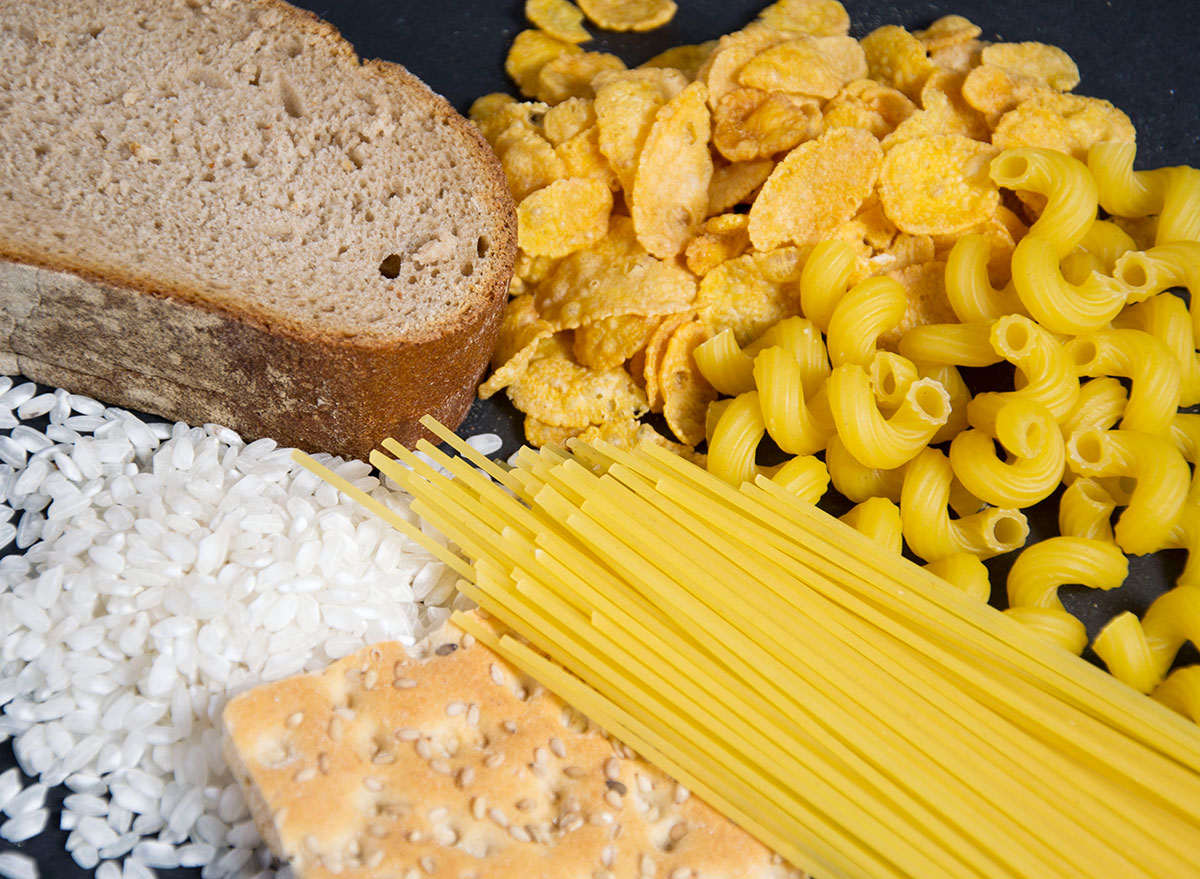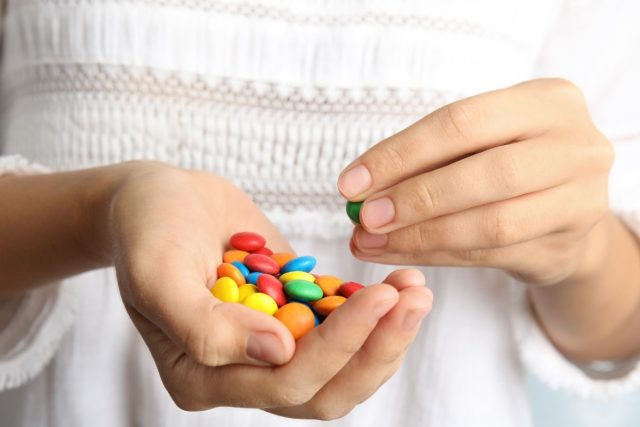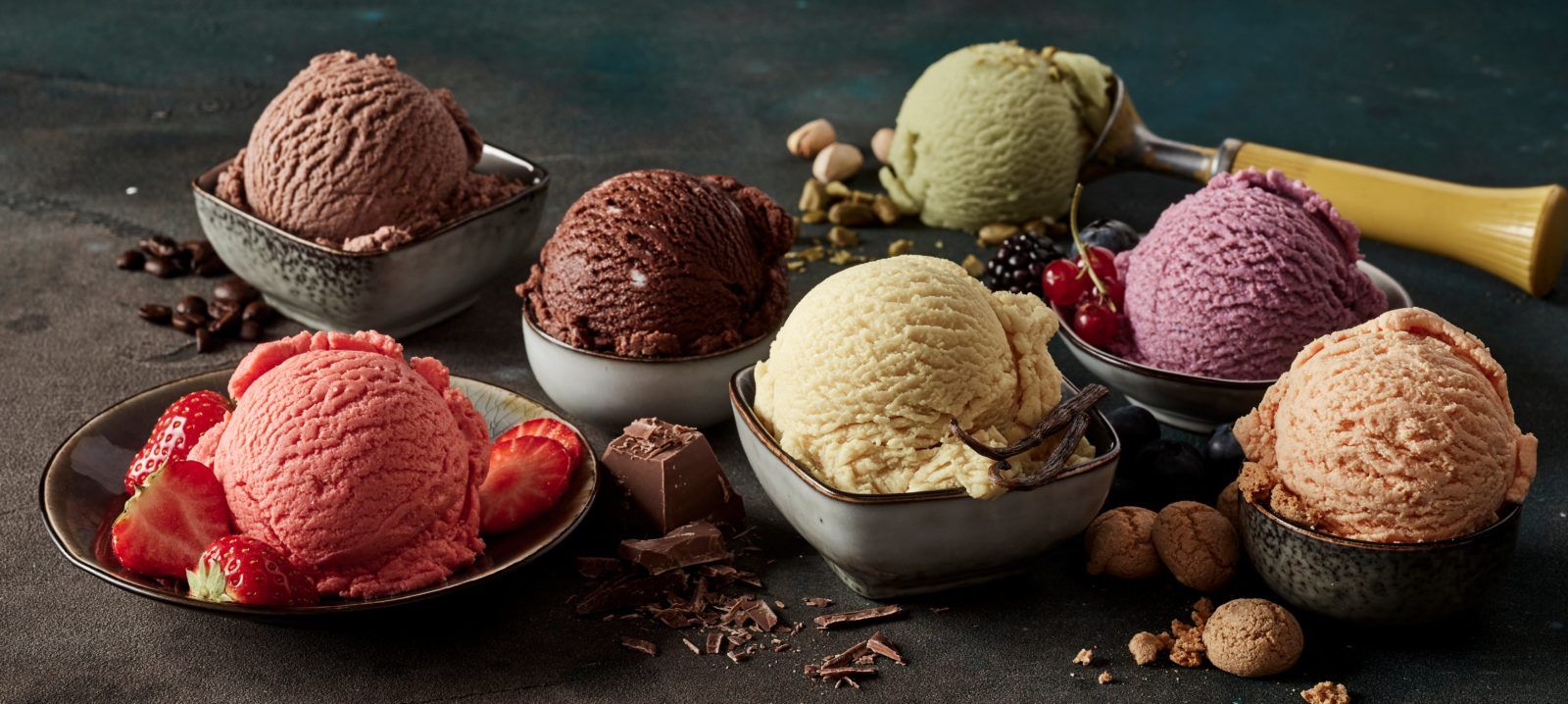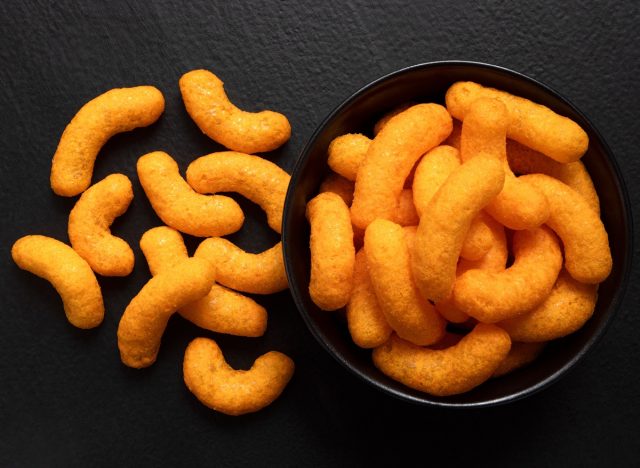Salty, sugary, fatty, highly-processed foods are heavyweight opponents to your willpower.
Let’s do a little Pavlovian conditioning experiment. Repeat these words aloud: Chips Ahoy, Oreos, Milanos.
Now, be honest, whose mouth is watering? Who’s not also craving a glass of cold milk? Simply thinking about these beloved desserts starts to tickle the reward zones of your brain with a dose of dopamine.
Like chocolate, alcohol, and shopping, cookies are classic examples of pleasurable stimuli that drive our behaviors. They whisper to our hypothalamus, the ancient reward center of our brain, that we need them for survival, even if we don’t. And we don’t. But try telling yourself that when you’re three cookies into a sleeve of Thin Mints.
We’re certainly not against an indulgence once in a while, we’re just sayin’ be careful out there in snack food land. The world is full of hundreds of bodyweight-boosting foods that can trigger your cravings for more and more.
Here’s a sampling of the worst foods that cause insatiable cravings and can make you gain weight. For more, don’t miss 5 Ways to Stop Sugar Cravings Before They Start, Says Dietitian.
1.French Fries & Soda

“Typically, hyper-processed foods that are high in calories, added sugars, salt, and saturated fat are the worst triggers of cravings,” says registered dietitian, Mary Wertz, RD, a certified sports dietitian, and consultant for Mom Loves Best. Examples of hyper-palatable, hyper-processed food include soda and other sweetened beverages, candy, ice cream, hot dogs, French fries, frozen pizza, and doughnuts.
2.White Pasta, Bread, and Other Refined Carbs
Why do you go back for seconds after finishing a plate of spaghetti? Same reason you add more Lucky Charms to your bowl when there’s leftover milk. Refined carbohydrates don’t satisfy hunger for very long because they lack fiber, says Wertz. And, in the case of many boxed cereals, they are sugar-coated. The added sugars and refined carbs send your blood sugar through the roof. You’ll need to eat more to feel satisfied. And the extra calories are likely to end up as visceral fat in your midsection.
3.Jelly Doughnuts
Bite into a jelly doughnut or a Boston Crème and you get a burst of flavor and, in the case of the Boston Crème, highly pleasurable creaminess. That mouthfeel “results in a spike of positive feelings of pleasure, making us want more,” says registered dietitian nutritionist Blanca Garcia, RDN, a nutrition specialist for Health Canal. “When we consume these hyper-palatable foods, the neurons in the reward region of our brains become very active.” Garcia says we are especially vulnerable to these feelings when we are under stress or experiencing negative emotions. They’re like a salve on a wound. “These foods can stimulate the release of metabolic, stress, and appetite hormones such as insulin, cortisol, dopamine, leptin, and ghrelin, all of which play a role in cravings.”
4.Candy

Candy is another sweet that’s notorious for triggering the desire to keep on popping pleasure pills like Gumi Bears and M&M’S in your mouth, says Wertz. Certain candies made with high fructose corn syrup may be the worst kind to eat if you’re concerned about your weight. (Need help? Try the #1 Best Food That Crushes Sugar Cravings.) Animal studies suggest that eating fructose causes leptin resistance and ushers in the development of obesity. Leptin is a hormone that suppresses appetite or increases the body’s use of energy. Leptin resistance causes feelings of constant hunger even when there’s been adequate food intake. In one study, rats who were fed a high fructose diet developed leptin resistance. Then, when they were switched to a high-fat diet, they continued to overeat and became obese compared with rats who ate a fructose-free diet and then were switched to the same high-fat diet.
5.Ice Cream Have you ever downed a half pint of salted caramel ice cream during a TV commercial and found it hard to stop eating? Blame your bliss point. “The bliss point is the perfect combination of sweetness, saltiness, and creaminess that makes food irresistible,” says dietitian Jennifer May, BHSc, Sydney (Australia) City Nutritionist and author of Pure Health and Happiness: 8 Weeks to Change Your Life. An animal study in Nature Neuroscience found that high-calorie foods that are both fatty and sweet caused obese rats to compulsively overeat. The scientists from The Scripps Research Institute in Florida reported that the highly palatable foods caused a release of the feel-good neurochemical dopamine, delivering the same effect that cocaine or heroin causes in the brain’s reward center. In addition, the researchers noted that, similar to the effect of addictive drugs, the more of this food the rats consumed, the more they had to eat on subsequent occasions to get the same level of satisfaction, which is a response similar to addictive drugs.
Have you ever downed a half pint of salted caramel ice cream during a TV commercial and found it hard to stop eating? Blame your bliss point. “The bliss point is the perfect combination of sweetness, saltiness, and creaminess that makes food irresistible,” says dietitian Jennifer May, BHSc, Sydney (Australia) City Nutritionist and author of Pure Health and Happiness: 8 Weeks to Change Your Life. An animal study in Nature Neuroscience found that high-calorie foods that are both fatty and sweet caused obese rats to compulsively overeat. The scientists from The Scripps Research Institute in Florida reported that the highly palatable foods caused a release of the feel-good neurochemical dopamine, delivering the same effect that cocaine or heroin causes in the brain’s reward center. In addition, the researchers noted that, similar to the effect of addictive drugs, the more of this food the rats consumed, the more they had to eat on subsequent occasions to get the same level of satisfaction, which is a response similar to addictive drugs.
6.Spicy Cheese Puffs

Even the finger-lickin’ orange dust these salty snacks leave on your digits appeals to our hedonistic desires. But there’s something more inside many of the spiciest chips, like, Flamin’ Hot Cheetos, which some consider to be among the most addictive salty munchies in the snack food aisle. The cayenne pepper in the Hot Cheetos seasoning creates a pleasing burning sensation that triggers a short-term release of endorphins in our bodies. When the heat and endorphins subside, we desire that feeling again so we eat more. Hot Cheetos and other flavorful chips also contain monosodium glutamate (MSG), a flavor enhancer that delivers a savory flavor known as umami that’s similar to cooked meat. MSG is known to stimulate glutamate receptors in the tastebuds.
Source: https://www.eatthis.com








